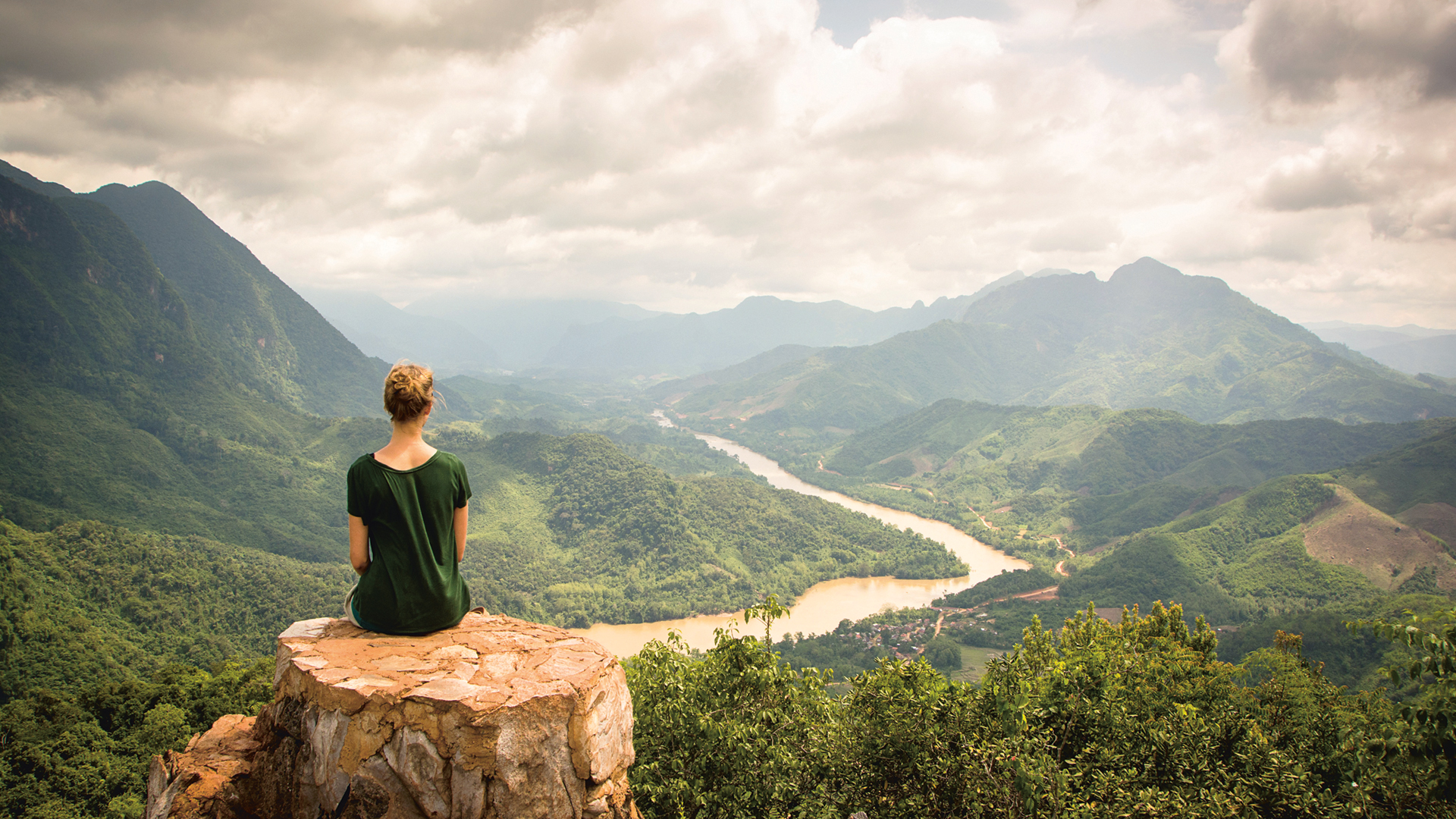And just like that, we’re on the road again. The world has reopened, and travellers are making up for lost time, funnelling pent-up travel angst into once-in-a-lifetime trips.
This is a fantastic boost for the bruised travel industry, which accounts for one in 10 jobs worldwide. But considering travel is also responsible for about 8 per cent of the world’s carbon emissions, and the latest Intergovernmental Panel on Climate Change (IPCC) report delivered the blaring message that we have not a day to waste when it comes to curbing global emissions, it’s clear there won’t be a world worth seeing in years to come if we don’t start seeing it the right way now.
But what is the ‘right way’? How do we travel more responsibly and sustainably – in a way that doesn’t further degrade the planet, and perhaps even rejuvenates it?
Less but better
The most obvious place to start is to take a ‘less but better’ approach, travelling less often but for longer periods of time. Also questioning, before booking that next long-haul flight, whether there’s somewhere closer to home that might provide the same stimulation, expansion and perspective.
Fewer flights equals less carbon emissions, an important consideration in light of the fact that international arrivals across the globe went from 70 million in 1960 to about 1.4 billion today, a figure expected to reach three billion by 2050. The ‘less but better’ attitude also leaves us more satisfied, since we have time to develop a more meaningful and reciprocal relationship with the people and places we visit.









